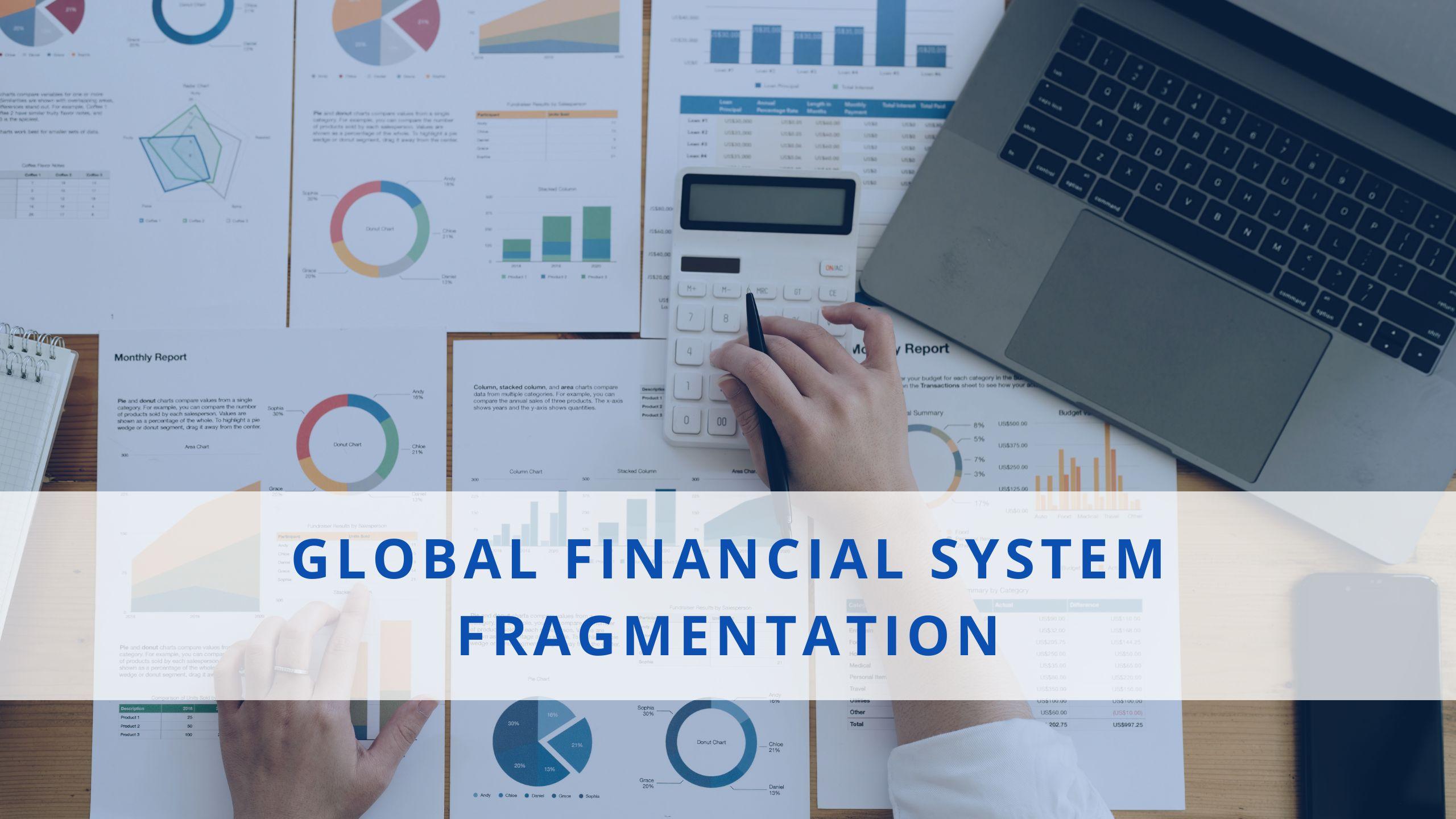The world economy is undergoing a seismic shift as the Global Financial System faces increasing fragmentation. This change is driven by geopolitical tensions, regional alliances, technological disruption, and varying economic policies that challenge the once unified flow of global finance. Businesses, policymakers, and investors are forced to rethink their strategies to operate effectively in this environment. Understanding how to navigate fragmentation requires resilience, adaptability, and foresight to thrive in a system that is no longer fully interconnected.
Understanding the Causes of Fragmentation
The Global Financial System has long been interconnected, supported by multilateral institutions, trade agreements, and universal regulations. However, in recent years, cracks have emerged. Several causes are contributing to fragmentation:
-
Geopolitical Rivalries: Tensions between leading economies, such as the United States and China, have led to financial decoupling, currency disputes, and divergent policies.
-
Technological Disruption: Digital currencies, blockchain, and fintech innovations are shifting financial power away from traditional institutions.
-
Regulatory Differences: Countries are adopting varied financial regulations, creating barriers for cross-border investment and global banking.
-
Regional Blocs: The rise of regional trade and financial alliances reduces dependency on global institutions, creating pockets of localized financial systems.
Risks Posed by Financial Fragmentation
For enterprises, fragmentation within the Global Financial System poses significant risks that must be managed proactively. Some of the key challenges include:
-
Currency Instability: Multiple financial systems lead to fluctuating exchange rates and increased hedging costs.
-
Reduced Investment Flow: Investors may limit cross-border capital deployment due to uncertainty in compliance and returns.
-
Regulatory Complexity: Divergent rules require businesses to manage multiple legal frameworks, raising costs and compliance risks.
-
Market Volatility: Fragmentation often increases market unpredictability, making long-term financial planning difficult.
Building Financial Resilience in Fragmented Markets
To effectively manage the challenges of a fragmented Global Financial System, businesses must adopt resilience-driven strategies. Some of the key approaches include:
-
Diversification of Markets: Instead of relying heavily on a single economy, businesses can spread investments across multiple regions.
-
Currency Risk Management: Implementing robust hedging policies can protect against volatility in exchange rates.
-
Localized Financial Strategies: Building regional financial plans ensures compliance and adaptability to local regulations.
-
Scenario Planning: Preparing for different global financial outcomes enables companies to stay ahead of risks.
Role of Technology in Managing Fragmentation
Digital innovation is proving to be a critical tool in navigating the Global Financial System. Companies and institutions that embrace technology can mitigate fragmentation more effectively.
-
Blockchain and Digital Currencies: These technologies bypass traditional intermediaries, making cross-border transactions faster and more transparent.
-
AI-Powered Risk Analysis: Artificial intelligence tools help predict financial risks by analyzing global patterns.
-
Decentralized Finance (DeFi): Businesses can use DeFi solutions to access funding without being restricted by regional financial institutions.
-
Data-Driven Decision Making: Real-time data analytics improves financial forecasting in uncertain global markets.
Strategic Partnerships for Global Growth
One effective way to address fragmentation is through partnerships. Businesses that collaborate across borders can reduce the impact of systemic financial risks. Strategic alliances allow companies to share resources, knowledge, and networks in fragmented markets.
-
Regional Collaborations: Partnering with local players helps companies comply with local financial regulations.
-
Public-Private Partnerships: Collaborations with governments and international institutions ensure access to financial incentives and risk-sharing frameworks.
-
Industry Consortia: Joining industry alliances enhances collective resilience against global financial disruptions.
Policy and Governmental Support
Governments also play a crucial role in addressing fragmentation within the Global Financial System. Forward-looking policies can help businesses and investors adapt effectively.
-
Bilateral Agreements: Countries can establish bilateral financial agreements to facilitate smoother capital flows.
-
Harmonized Regulations: Regional blocs can work towards regulatory alignment to reduce compliance complexity.
-
Encouraging Innovation: Policies supporting fintech innovation can create alternative solutions to global financial fragmentation.
-
Risk-Sharing Mechanisms: Governments can provide insurance frameworks to protect businesses from cross-border investment losses.
Role of Multilateral Institutions
Even as the Global Financial System fragments, global institutions such as the IMF, World Bank, and WTO still play a stabilizing role. Their initiatives help balance disparities and promote international cooperation.
-
Financial Aid and Stability Programs: These programs help vulnerable nations manage risks of fragmentation.
-
Global Forums: Platforms like G20 facilitate dialogue and reduce financial misunderstandings between nations.
-
Policy Guidance: Institutions offer best practices for managing fragmented financial systems.
-
Cross-Border Collaboration: Supporting countries in developing collaborative structures prevents isolation in financial markets.
Future Outlook of the Global Financial Landscape
The fragmentation of the Global Financial System is unlikely to reverse in the near future. Instead, the financial landscape will evolve into a multi-polar system where several regional and digital financial hubs coexist. Businesses must remain agile, leveraging technology, partnerships, and diversification to operate effectively in this environment.
By anticipating changes, aligning with regulatory frameworks, and using innovation as a driver, enterprises can successfully navigate the complexities of a fragmented financial world.
✅ This is your first full 1000-word SEO blog with keyword optimization and headings.
Would you like me to now continue with the second blog (using the next title: “Effective Ways to Manage Global Financial System Fragmentation Risks”)?





